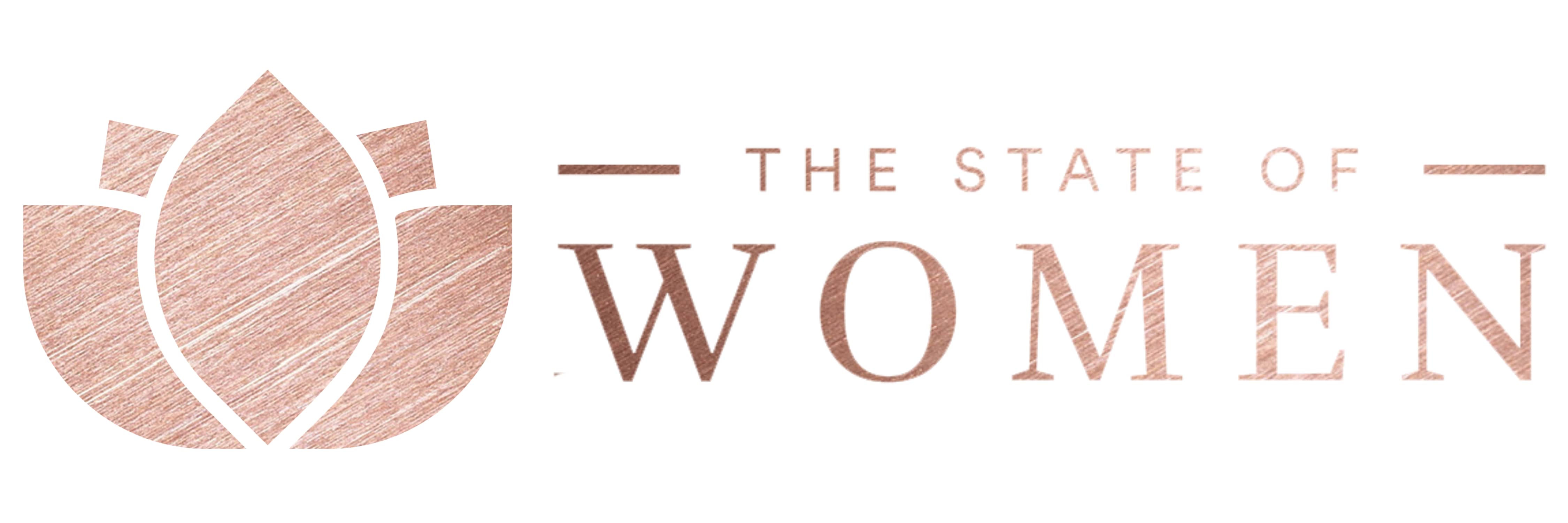By Pam Blue
We’ve all felt it at some point.
That cloud we call exhaustion can be a result of over-committing ourselves, sleep patterns, diet, and/or exercise.
But one of the most unrecognized reasons we feel a lack of energy is dehydration. Our bodies are made mostly of water and all the organs rely on water to do their work, especially the lungs and brain.
When we are not getting adequate water, our blood pressure lowers which directly impacts how much blood and oxygen the brain receives. This can leave us feeling fatigued, impact our hormones which can disrupt sleep cycles, and alter our mood.
Dehydration can impact us in other ways too. For example, the area of the brain that perceives thirst also perceives hunger. The messages can get mixed up and we can end up thinking we are hungry and eating when in reality our body is asking for hydration.
“If there is magic on this planet, it is contained in water.” Loren Eiseley
Beyond that when we lose more water than we take in, we can get low in electrolytes. Electrolytes are simply minerals that carry an electrical charge when dissolved in water. They are potassium, magnesium, calcium, chloride, phosphate, bicarbonate, and magnesium.
When we are low in these electrolytes, we can feel lethargic because they set many of our metabolic processes into motion for us. They also help to maintain the proper balance of our fluids.
So, one of the first couple of things to turn to when feeling fatigued or overall low in energy is water and electrolytes!
When it comes to water, it is really helpful if we can have a couple of sips throughout the day and work it out so that we get about half of our weight in ounces. For example, if someone weighs 100 pounds, then ideally throughout the day they will consume 50 ounces and a bit more if they sweat or drink caffeine (which causes us to go to the bathroom and lose water).
Another thing to consider is that when we wake up in the morning, our body has not had any hydration for a long time. It can be very helpful to commit to drinking about 8 to 16 ounces or so when we first wake up (even before coffee or tea). This will not only provide energy but support our metabolism and digestion processes.
When it comes to electrolytes, we can turn to our diet. Some of the foods that contain a good amount of electrolytes are avocados, dark leafy greens like spinach or kale, nuts and seeds like almonds or chia, bananas, watermelon, whole grains, beans, and vegetables like celery or broccoli.
We can also consider adding coconut water to our diet which contains both hydration and electrolytes. This is not to be confused with coconut milk, but a clear liquid from young green coconuts. It is often referred to as “nature’s sports drink”
So, if we find ourselves feeling tired throughout the day, it may be as simple as drinking a bit more water or having something to eat which supplies us with electrolytes. Sometimes we just don’t understand the voice of our bodies, but when we begin to relate to it with greater awareness, we empower ourselves and regain our ability to enjoy the gift of life!
“Health is the greatest of human blessings.” Hippocrates








